
Explosion Disrupts Trans-Niger Pipeline in Bodo Community
A massive explosion has reportedly struck the Trans-Niger Pipeline (TNP) in the Bodo community of Gokana Local Government Area

A massive explosion has reportedly struck the Trans-Niger Pipeline (TNP) in the Bodo community of Gokana Local Government Area
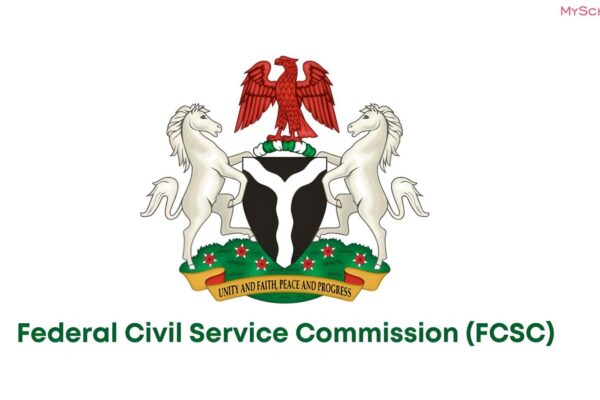
The Federal Civil Service Commission (FCSC) has announced an extension of the application deadline for federal service jobs
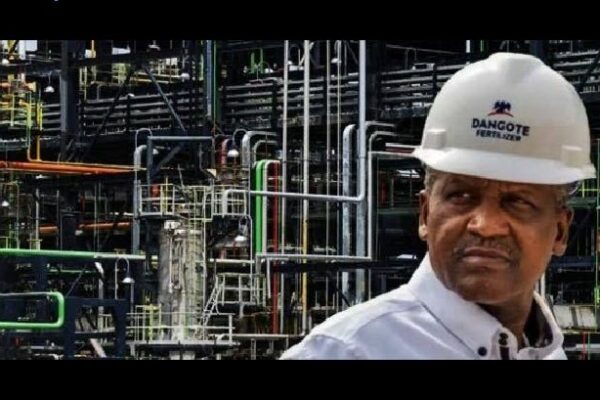
On February 27, 2025, the Dangote Petroleum Refinery & Petrochemicals made headlines by reducing the ex-depot price of Premium Motor Spirit (PMS)
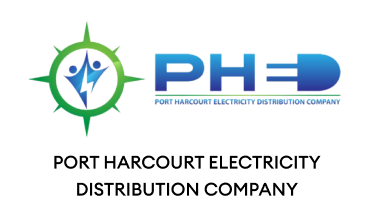
Ultimately, a solution must be found that involves better communication, security for workers, and an open dialogue between PHEDC and the people of Ozuoba
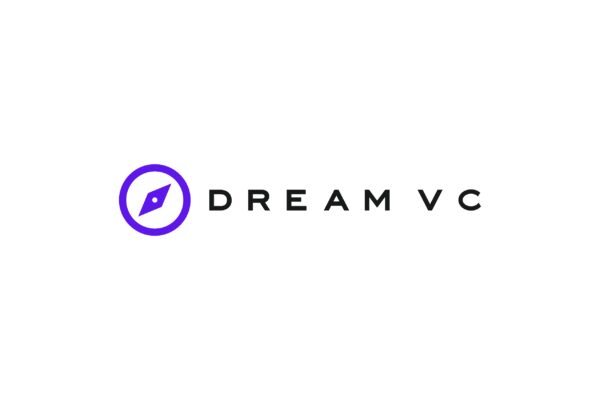
Dream VC, the leading venture capital education institute in Africa, has announced the opening of applications for its highly anticipated 2025 venture capital training programs

This growing network of global cybercrime underscores that the problem is no longer contained within Nigeria’s borders. With the advent of the internet, geographical boundaries have become irrelevant and the global cybercrime economy has flourished
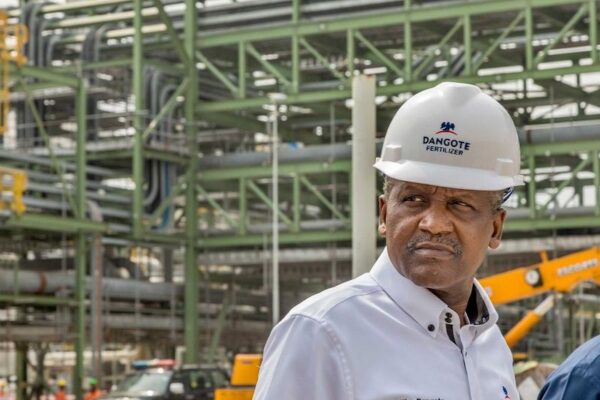
Today, Dangote Refinery announced it commenced the production of Premium Motor Spirit (PMS), commonly known as petrol. This significant development marks the culmination of over a year of construction and preparation since the refinery’s launch in May 2023. The Lagos-based refinery has a capacity of 650,000 barrels per day and has already supplied diesel and aviation fuel to the Nigerian market. With the addition of petrol, Dangote Refinery is poised to revolutionize the country’s fuel industry. Billionaire businessman Aliko Dangote expressed immense pride and excitement at this achievement. He emphasized that the production of high-quality petrol would not only benefit consumers but also revitalize the Nigerian economy. “It’s a celebration day for Nigerians,” Dangote declared at a press conference. Dangote assured the public that the petrol produced at Dangote Refinery would meet the highest international standards. “You will not be having an engine issue, which a lot of us were having,” he stated. “The quality here will match that of anywhere in the world.” “The quality here will match that of anywhere in the world; US, America, we will make sure that nobody will beat us in terms of quality. “We will help to restore industry and manufacturing. We will begin real import substitution, which is what we have, you know, saving foreign exchange, earning foreign exchange, which will stabilize the naira, and it will also help bring down inflation and cost of living,” he stated. Dangote revealed that the refinery’s products would soon be available to the public through a partnership with the Nigerian National Petroleum Company Limited (NNPCL). This collaboration is expected to significantly increase the supply of fuel in the country and alleviate the challenges associated with fuel shortages and price fluctuations. The launch of Dangote Refinery represents a major step towards import substitution and economic diversification in Nigeria. As Dangote Refinery ramps up its production, it is anticipated that the Nigerian fuel market will experience a transformation. Furthermore, the refinery’s contribution to the country’s energy security will have far-reaching implications for its economic development and social stability.
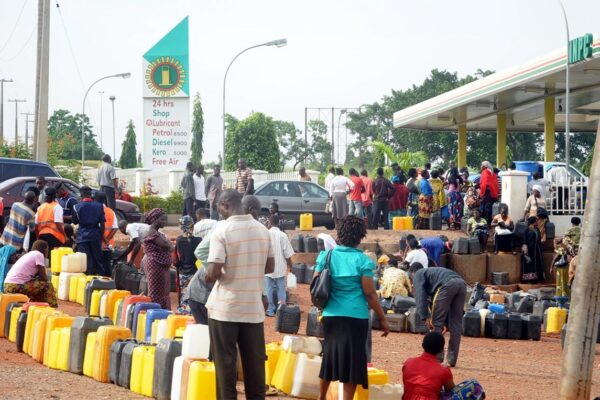
The recent surge in fuel prices in Nigeria has sparked widespread concern and speculation. While the Federal Government has vehemently denied any involvement in the fuel price hike, the reality on the ground tells a different story. Fuel prices have reached alarming levels, with reports indicating that petrol prices have topped ₦897 per liter at various NNPCL outlets in Abuja. This significant increase has placed a heavy burden on consumers, particularly those in low-income households. “The Federal Government is compelled to address the outright falsehoods currently being circulated on social media, which claim that the Minister of Petroleum Resources (Oil), Senator Heineken Lokpobiri, has directed the Nigerian National Petroleum Company Limited to inflate petroleum prices above the approved pump price,” said Nnemaka Okafor in a statement signed by the Special Adviser, Media and Communication, to the Minister for Petroleum Resources (Oil), Heineken Lokpobiri. The impact of rising fuel prices extends far beyond transportation costs, as it affects the prices of essential goods and services. The Nigerian National Petroleum Company Limited (NNPCL) has been grappling with challenges in ensuring adequate fuel supply to the local market. Factors such as supply disruptions, logistical issues, and infrastructure constraints have contributed to the shortage. These challenges have created an environment ripe for price speculation and profiteering. The government’s denial of any role in the price hike raises questions about its ability to effectively manage the petroleum sector. While the NNPCL operates as an independent entity, the government’s oversight and regulatory functions are crucial in ensuring a stable and competitive market. “We categorically condemn these claims as baseless, malicious, and a deliberate attempt to incite public discontent. We challenge anyone in possession of any evidence written documents, audio, or video recordings-that support these fabrications to make it public. “Such a claim is entirely devoid of truth and should be recognised as an intentional effort to mislead the public. It must be stressed that NNPCL operates as an independent entity under the Companies and Allied Matters Act, with a fully empowered Board of Directors. “The Ministry of Petroleum Resources does not, and will not, interfere in the internal decisions of NNPCL, including pricing matters. Any suggestion otherwise is not only incorrect but also reveals a profound misunderstanding of the deregulated nature of Nigeria’s petroleum sector.” The rising fuel prices in Nigeria have far-reaching implications for the economy, social stability, and the well-being of citizens.
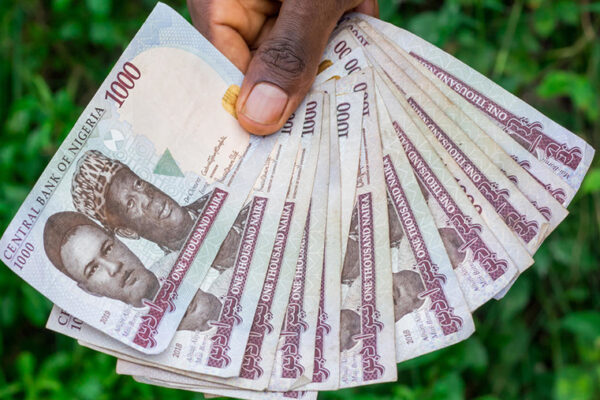
A recent survey by the Central Bank of Nigeria (CBN) paints a bleak picture of the financial outlook for Nigerian households in the coming months. The July 2024 Household Expectations Survey reveals that a significant portion of Nigerians are anticipating a substantial increase in their spending on essential needs. According to the survey, food, education, and transportation are the top three areas where households plan to allocate their income. These essential expenses are expected to consume a significant portion of their budgets, leaving little room for discretionary spending. In contrast, the survey highlights that Nigerians are cautious about making large purchases, such as houses, cars, and appliances. The indices for these categories are significantly negative, reflecting a clear intent to avoid such expenditures. The report also reveals that households are planning to draw down on their savings or incur debt to meet their basic expenses. This indicates the growing financial strain faced by many Nigerians, who are struggling to make ends meet in the current economic climate. The CBN survey further highlights the upward trend in household spending. The spending outlook index has risen in recent months, suggesting that Nigerians are anticipating even higher expenditures in the coming months. The increasing cost of living, coupled with the ongoing economic challenges, is putting a significant strain on Nigerian households. The government must take urgent steps to address these issues and provide relief to struggling families. One of the contributing factors to the rising cost of living is the continued depreciation of the naira, Nigeria’s local currency. This has led to an increase in the prices of imported goods, which account for a significant portion of Nigeria’s consumer goods. The government has implemented various measures to stabilize the naira, but the currency remains volatile. Another factor contributing to the rising cost of living is the ongoing fuel scarcity. The scarcity has led to increased transportation costs, which have been passed on to consumers in the form of higher prices for goods and services. The government has taken steps to address the fuel scarcity, but the situation remains challenging. The CBN survey also provides insights into the impact of the rising cost of living on households’ financial planning. Many Nigerians are becoming more cautious about their spending and are less likely to invest or save. This is a significant departure from previous years when households were more optimistic about their financial prospects. The government must take urgent steps to address the underlying causes of the rising cost of living, including the depreciation of the naira and fuel scarcity. This could involve implementing measures to stabilize the currency, increasing domestic production of essential goods, and improving the efficiency of the energy sector.